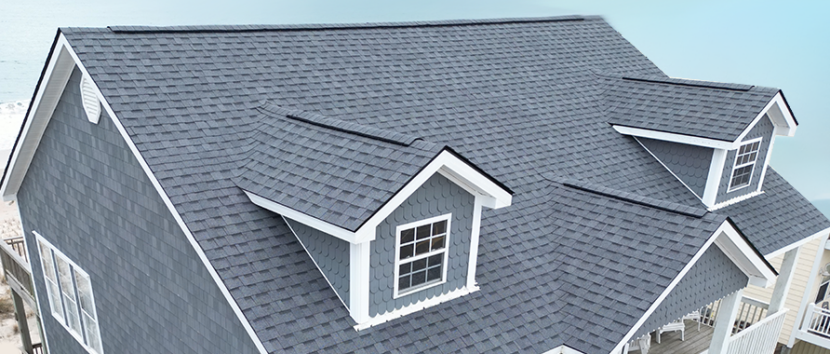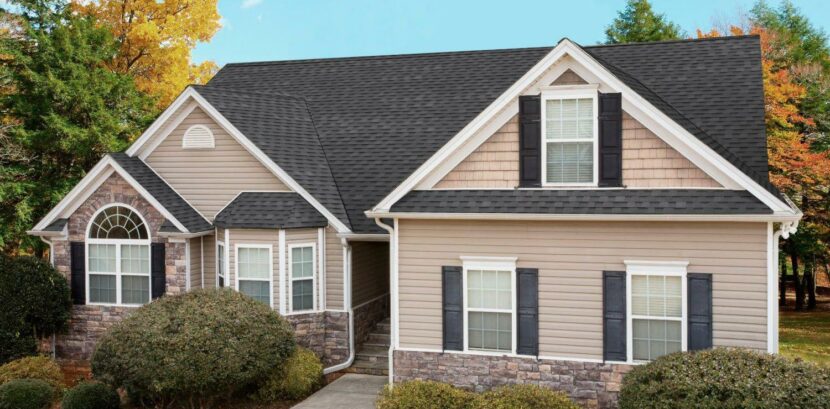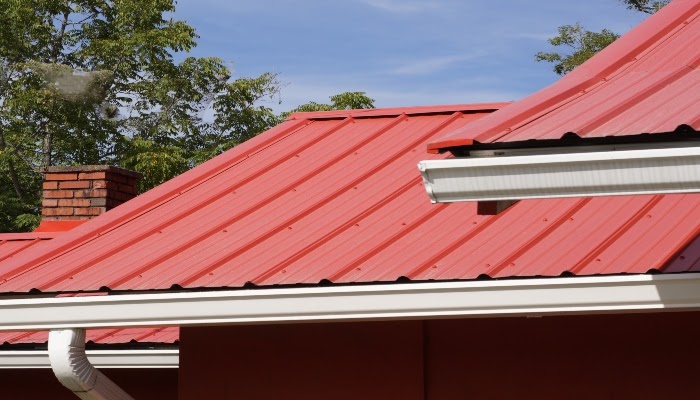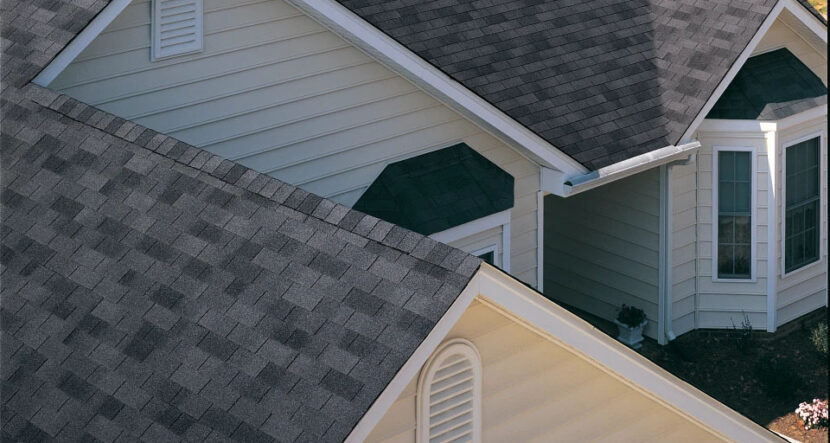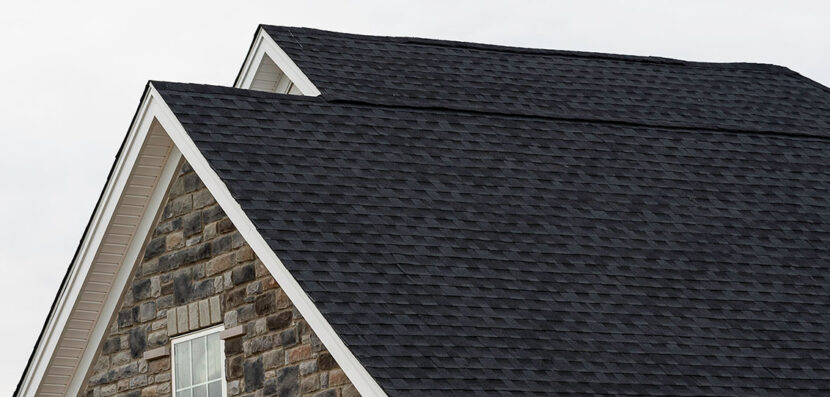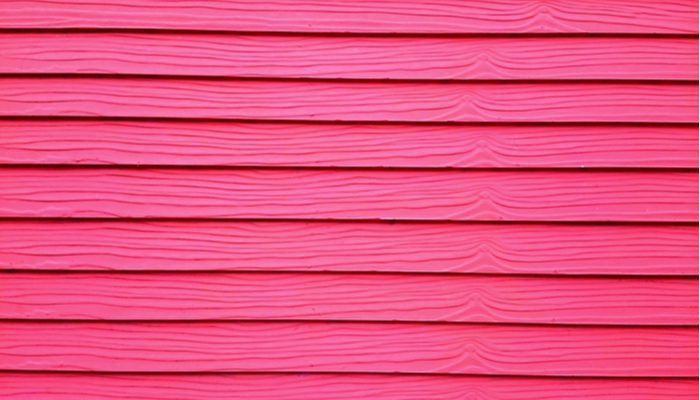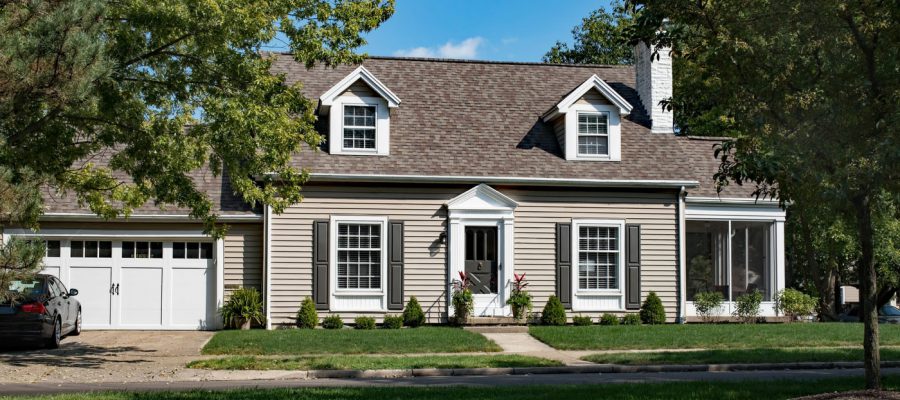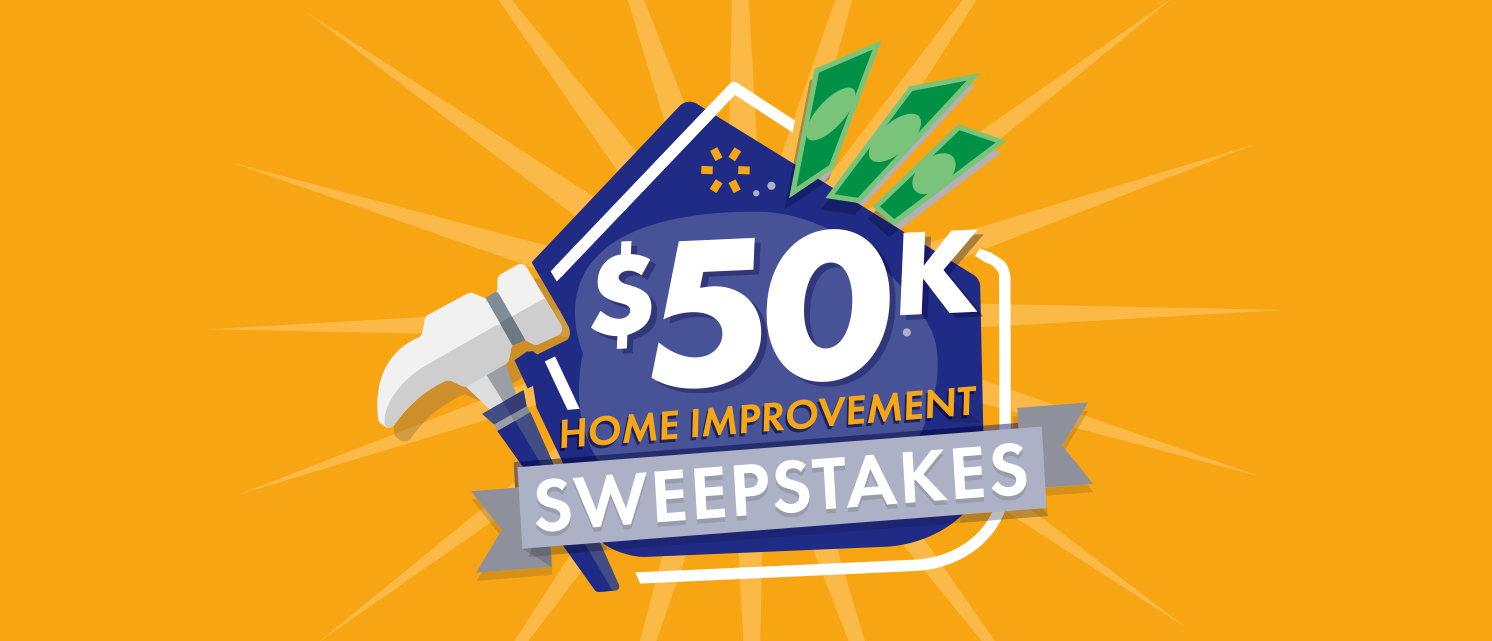Identifying Storm and Hail Damage to Your Roof

Mother Nature rarely complies with your housing needs. When hail and storms strike, your roof is the first victim, and the damage isn’t always easy to spot. Even the tiniest of hairline cracks can lead to interior moisture problems. Add fissures, cracks, and dents, and you have a potential roofing emergency.
Storm and hail damage can be even more destructive. If left to fester, water intrusion can destroy your rafters, joists, and wall framing. Leave the problem for long enough, and you can add black mold to the list. Wind and flying debris come with their own problems. When minor storms become catastrophic hurricanes, fallen trees can ruin your structural integrity in three seconds flat.
How Do I Know if My Roof Has Storm Damage?
Asphalt shingles are prone to granule loss. You’ll find the evidence around your downspouts, where debris is washed away. New roofs deposit loose granules naturally, but if your asphalt has had time to recover from installation, they’re a sign that your shingles have worn down enough to expose the felt layer.
Ice dams are the bane of the roofing world thanks to their effect on drainage, which can lead to indoor water stains and moisture. To spot the problem, check your attic ceiling and walls for signs of water intrusion. Rain can also pool on the flashing around your vent pipes.
To diagnose rain damage, check your ceilings for water spots and mold. Indoor water and hail damage might be a sign that your entire roofing system is in the early stages of failure. Those breakages will become even more compounded if you leave your roof unattended. Water has a way of finding roofing holes, so do what you can to prevent it from leaking behind your fascia.
How Do I Know if My Roof Has Hail Damage?
Hail usually coincides with heavy winds, and its effects can be catastrophic. Flat roof hail damage is identifiable by leaks and creases in the perimeter metal. If you see dents on your metal roof or cracks in your siding, your roof might be at risk of premature failure from hail damage. Storms can cause heavy roof sediment as well. Look for tears, missing shingles, and exposed nails. Shiny asphalt and split shingles are two more signs of hail damage.
Flat roof problems have slightly different symptoms, though. Look for hail damage signs like tears, bubbles, and missing pieces. The plywood sheathing underneath your roof materials loses its strength easily, causing festering leaks that will eventually cause rotten trusses.
Like shingles, the fascia and soffit of your roof protect underlying layers from hail damage, so it’s important to identify problems early. They can allow water and pest intrusion when ignored. No homeowner wants to share their property with rats and raccoons.
If your hail damage hits are dark or soft to the touch, your underlayer has been exposed, but an ailing roof isn’t always obvious. It’s easy enough to identify broken shingles, but hairline cracks are often well-nigh invisible. To complicate the matter, every roofing material has its own form of hail damage, so it’s good practice to request a professional inspection after a heavy storm.
How Can I Tell if My Shingles Have Wind Damage
Your shingles are your roof’s protective mechanism, and when heavy winds strike, they’re easily compromised. Wind damage is bad enough on its own, but it can cause an even bigger crisis when it carries debris, hail, and fallen branches. Wind damage often makes itself known through thin horizontal lines. Raised shingles expose your roof to rain, compounding wind and hail damage while simultaneously causing mold.
Aging shingles have a subtle natural curl, but if the effect becomes more pronounced after heavy winds, it’s time to hire a professional. Even small branches can create roofing havoc, so check for debris and damaged roof supports. Signs of wind and hail damage don’t always occur around your home itself, so check your garden for loose debris.
It may indicate serious impact damage. The pressure points of your roof are particularly sensitive to winds.
Missing shingles are the most obvious sign of a compromised roof, but don’t give into the temptation to ignore them. They indicate a broken seal that exposes your roofing to the elements, creating a host of problems. The subtlest destruction can shorten the life of this expensive protective layer.
Homeowners often put off roof replacement until small problems transform into major catastrophes. Failing to fix surface breakages can cause the structure to collapse. At best, that can cause wind and hail damage to your furnishings and architecture. At worst, they can injure you and your family. Mother Nature has a destructive streak, but with the right roofing contractor, you can fight her effects.
If you need help with damage to your roof, contact 1-800-HANSONS for a free estimate here.
Get a Free Estimate Today
60% off installation. Special financing available. See details.

